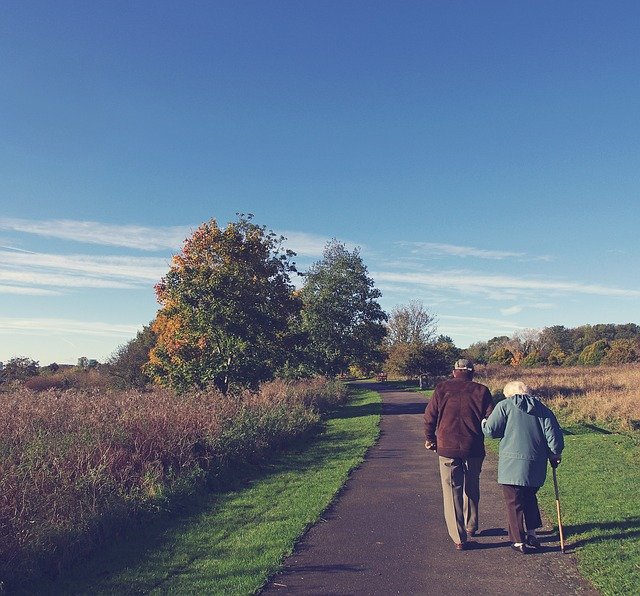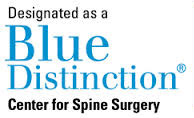Menopause and Back Pain – Are They Related?
In this article we’ll explore menopause and back pain…and if they’re related. In other words, are women more susceptible to back pain during and after menopause?

Menopause and Lower Back Pain
Several studies have confirmed that women suffer from more joint and spine pain during the perimenopause and menopause stages of their life.
What is Perimenopause?
Menopause is defined as the last menstrual period a woman experiences. Perimenopause is the time leading up to menopause in which the woman’s body is undergoing physical changes relating to the onset of menopause. Perimenopause can last anywhere from 4 to 8 years prior to menopause. The age range of 45-55 years old is a common perimenopausal time for women.
Back Pain During Perimenopause and Menopause
Women in perimenopause and menopause tend to experience more musculoskeletal pain, in general. Pain in the back, neck, knees, hands, and other joints all tend to increase for women as they age.
In fact, some studies reported over half of the women in this age range experienced back pain. More specifically, lower back pain was noted for most.
Contributing Factors
Bone Density
As women approach and pass menopause their bone density declines. Reduced amounts of calcium in the body are the main cause of this change. Unfortunately, studies have also shown a strong correlation between bone density and lower back pain. As women’s bone density decreases, lower back pain increases.
Learn about osteoporosis and its effect on the spine.
BMI
Weight gain is common for women going through menopause. Unfortunately, body mass index, or BMI, also impacts the back pain in women of this age range. A BMI of 30 or higher often correlates to a worsening of back pain.
Read more about how weight affects back pain.
Inflammation
In other articles we’ve discussed how inflammation can cause spine pain by pressing on sensitive nerves. Though it is not fully understood, there is strong evidence showing that perimenopause has inflammatory effects on the body. This inflammation can exacerbate back pain for some individuals.
Low Back Pain Treatments for Menopausal Women
Typical treatments for lower back pain (LBP) in menopausal women are similar to typical back pain treatments. They include exercise, physical manipulation, and anti-inflammatory medications.
When using exercise to treat back pain, women going through or post-menopausal may benefit from weight bearing exercises. These resistance activities can help them increase bone strength. This is critical considering bone density tends to decrease in women as they age and lose calcium.
References
- Low back pain in women before and after menopause (nih.gov)
- The effect of age and menopausal status on musculoskeletal symptoms in Chinese women aged 35-64 years – PubMed (nih.gov)
- Obesity and Menopause – ScienceDirect
- The peri-menopause in a woman’s life: a systemic inflammatory phase that enables later neurodegenerative disease | Journal of Neuroinflammation | Full Text (biomedcentral.com)
- Perimenopause, Early Menopause Symptoms | The North American Menopause Society, NAMS
